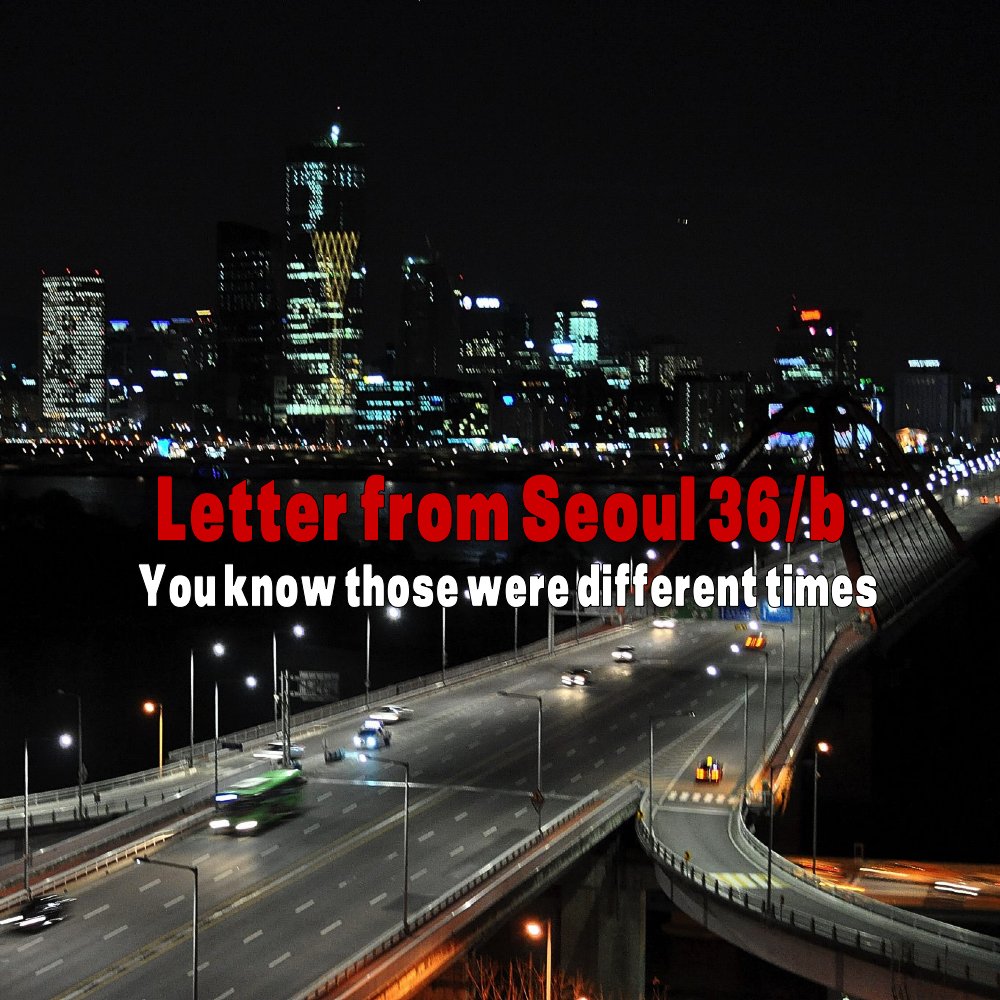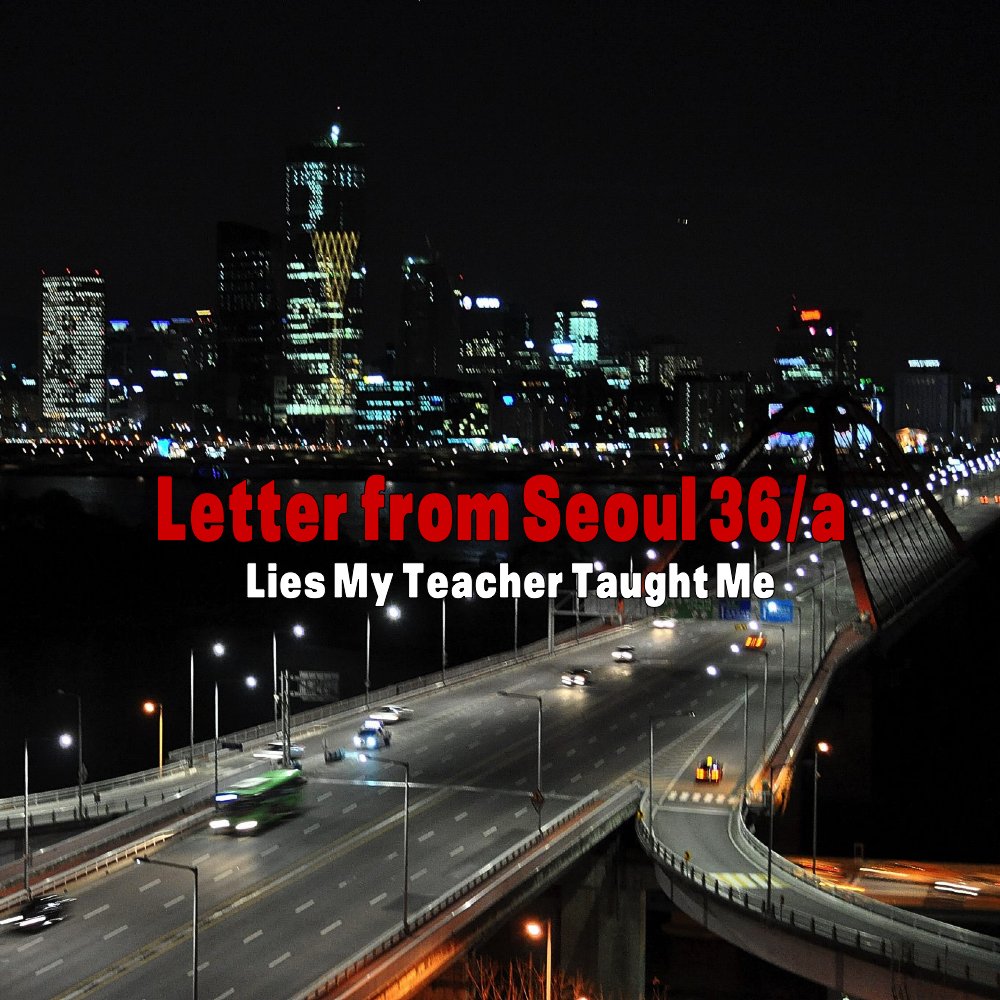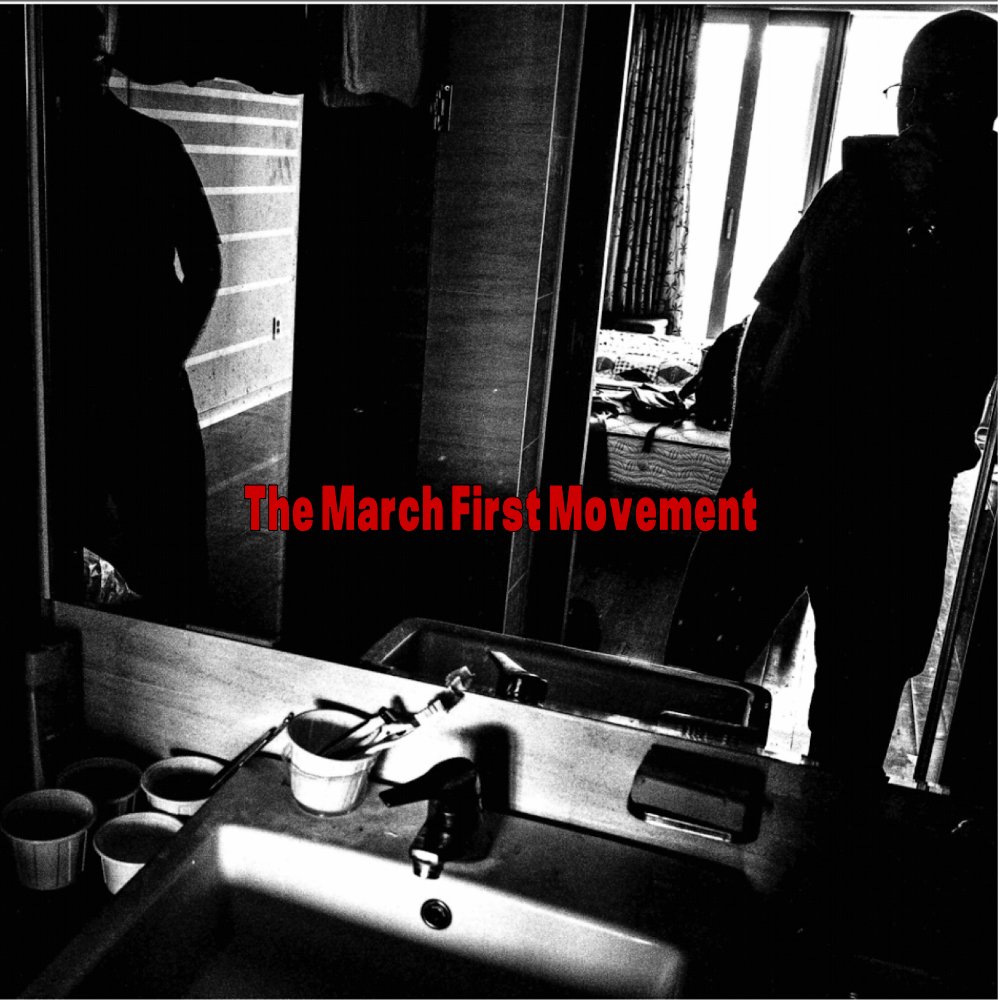Letter from Seoul - 8
Ponca on horseback – A group of Ponca on horseback during the late 19th or early 20th century. – Library of Congress, Washington, D.C. (LC-USZ62-101287)
Ponca City, near the Kansas border
My time in Oklahoma (1982-2002) was spent in Ponca City, near the Kansas border.
By 1700, the Ponca Native Americans separated from the Omaha tribe and established villages along the Niobrara River and Ponca Creek in present-day Nebraska and South Dakota on the Northern Plains.
Because of the French influence in this part of North America, many Poncas had French surnames because of marriage and were identified as Catholics.
It was Ponca Chief Standing Bear (1829-1908) who was the first Native American granted civil rights under American law – in 1879. You may be familiar with the story of how various Native American cultures were tossed together in Oklahoma Territory in concentration camps, euphemistically referenced as reservations. Some were related, some were enemies and all were expected to get the fuck along.
Many of the Ponca Nation were dispatched to Oklahoma, others as far north as present-day Nebraska.
Standing Bear was notified that his son was in Nebraska, and his health was failing. He left the concentration camp-reservation, eluded American authorities and walked all the way to his son’s location. Upon arrival, Standing Bear was arrested and briefly imprisoned. After all, Native Americans were just worthless gut-eaters, not even humans.
Yet a reporter heard of Standing Bear’s dilemma - a father’s love for his child counting for nothing because he was not a White Anglo-Saxon Protestant. A lawyer came forth and defended Standing Bear pro bono – with the case ultimately going to the Supreme Court in 1879, where Standing Bear argued: “Cut me, and we bleed the same. I am a human.”
But still the genocide against Native Americans continued for decades and decades, with children snatched from families and sent to Christian boarding schools to learn how to be white, Jesus-loving Americans.
Just four years after the Supreme Court – nine white men, deemed that Native Americans were actually human, some good Christians built the Chilocco Indian Agricultural School just north of Ponca City, so young folks from the Ponca, Tonkawa, Missouri-Otoe and Kaw nations could benefit from the white culture and be indoctrinated to despise their heritages and be good Americans. This hideous farce finally ended in 1980.
About 12 years later, I returned to college for a master’s degree in Education. I was 40 years old, and this time, I was not hungover or stoned. I had enough life experience to feel confident asking questions. Hell, I had been a journalist for years already.
I attended Oklahoma State University in Stillwater, about 40 miles south of Ponca City. By this time, Native Americans in Oklahoma, even with 1/64th heritage, had free access to state universities and medical care. Yet very few Native Americans took advantage of college.
Very politely and respectfully, the professor asked the lone Native American student in one class why this was the case. And very politely and respectfully, the Native American student explained: “Many of us feel we are under military occupation, and don’t feel like playing the game.”
For some reason, my teachers throughout the 1960s never mentioned Native Americans, Standing Bear and centuries of genocide based on national policy. Of course, America was always depicted as “The Land of the free, home of the brave” – as long as the brave were not from one of the more than 2,000 Native American cultures that existed in North America before the Spanish, French and British “discovered” a continent that had always existed.
This Memorial Day weekend in America, there was an annual gathering of the clans in White Eagle, home of the Ponca Nation – south of the city that bears its name. During my first spring in Oklahoma – May, 1983, I was assigned to cover this event
The Ponca clans gather this time each year to celebrate the new life that spring offers and mourn the passing of the elders who have died in the past year. Not surprisingly, most of the deceased are men, and so it is left to their widows to come forth and speak of their husbands and bestow items considered valuable by the departed on younger members of the community.
The circle is unbroken, and life goes on.
For the Poncas—and likely hundreds of other Native American cultures—“the past is never dead; it’s not even past.” This is from William Faulkner's Requiem for a Nun (1897-1962).
I’m old enough that I’ve buried too many people, attended too many funerals, and returned home to seal myself from the grief that seems unfair and unbearable. Well-meaning people offer banal platitudes: “God has a plan” (the fuck he does), “Jesus loves you” (fuck straight off), and “here is food to give you sustenance” (fuck food, I just want to go to the well of self-pity).
What I learned living around Ponca culture is that after a ceremony marking death, the family and guests return to the home of the survivor and expect to be fed.
“No time for self-pity. You’re with us, and we’re with you – so let’s eat and keep it going. Where’s the bread?”
How marvelous.
My documentary history starts with disappointing results in July 1973 and ends with much more success in October 1999, all captured on Tri-X during the black and white era. Since 2002, I have moved so frequently that I have no idea where most of that material is today. Most of it remained with The Ponca City News.
Standing Bear




































